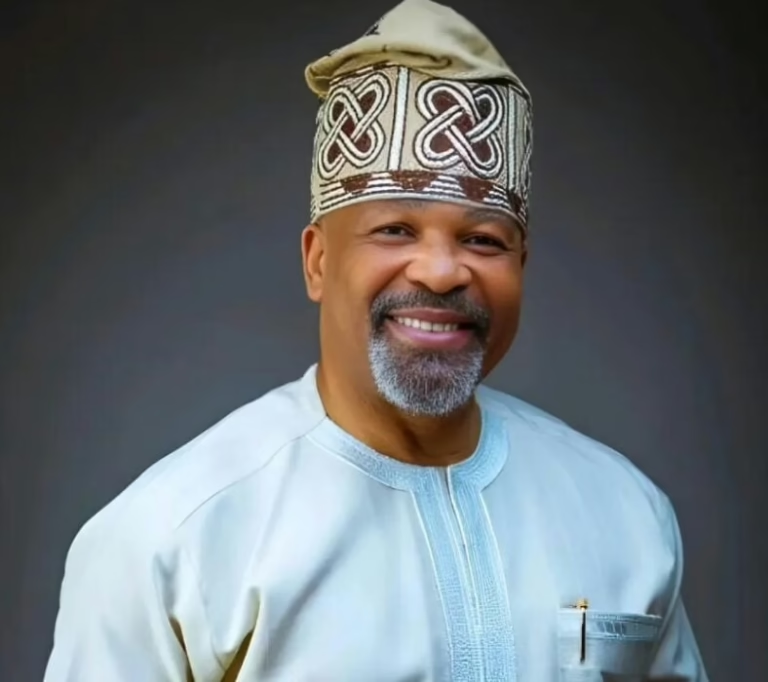Renowned Nollywood veteran Yemi Solade recently shared insights into a prolonged disagreement with his former place of worship, revealing how conflicts over acting commitments on Sundays led him to distance himself from organized religion.
During an episode of the ‘Honest Bunch’ podcast, the 64-year-old actor reflected on a pivotal moment in 2013 that significantly influenced his decision to step back from regular church attendance.
Solade recounted how a church official had demanded that he refuse any film roles scheduled for Sundays, emphasizing that the day should be reserved exclusively for spiritual devotion.
He criticized this expectation as impractical for someone working in the entertainment sector, highlighting how it threatened his ability to earn a living.
“The church told me to inform producers not to call me for work on Sundays. I ended up cursing the pastor,” Solade revealed.
“The very day they said I shouldn’t work is when I make my financial contributions to the church. So, when am I supposed to work? Are you trying to sabotage my career?”
The actor shared that stepping away from church activities has brought him a sense of tranquility, challenging the common notion that consistent church attendance is essential for spiritual health.
“Actually, I find peace now. I perform well. Back when I attended church regularly, I often faced disturbances,” he explained.
Solade also spoke out against the expectation that individuals must sacrifice their personal finances to support religious organizations. He recounted an incident where an elderly technician he hired redirected part of the payment Solade gave him toward church donations.
“That blessing belongs to me now. It’s my money you chose to give to the church,” he remarked humorously.
Shifting focus to Nollywood’s history, Solade challenged the popular belief that the industry’s roots began with the 1992 Igbo blockbuster ‘Living in Bondage.’
He pointed out that home video productions and television dramas were already flourishing in the 1980s. “The earliest home video film was actually made around 1988 by Ade Ajiboye and Big Abbas. ‘Shosho Meji’ predates ‘Living in Bondage,'” he stated, also noting that classics like ‘Things Fall Apart’ were broadcast on TV during the mid-1980s.
Furthermore, Solade observed that although the South-East region has played a vital role in Nollywood’s growth, it was slower than other areas to formally incorporate theatre arts into academic programs.
“When I was studying in Ife, we had the Nigerian University Theatres Festival. Only six universities took part, and none were from the East,” he recalled.

















